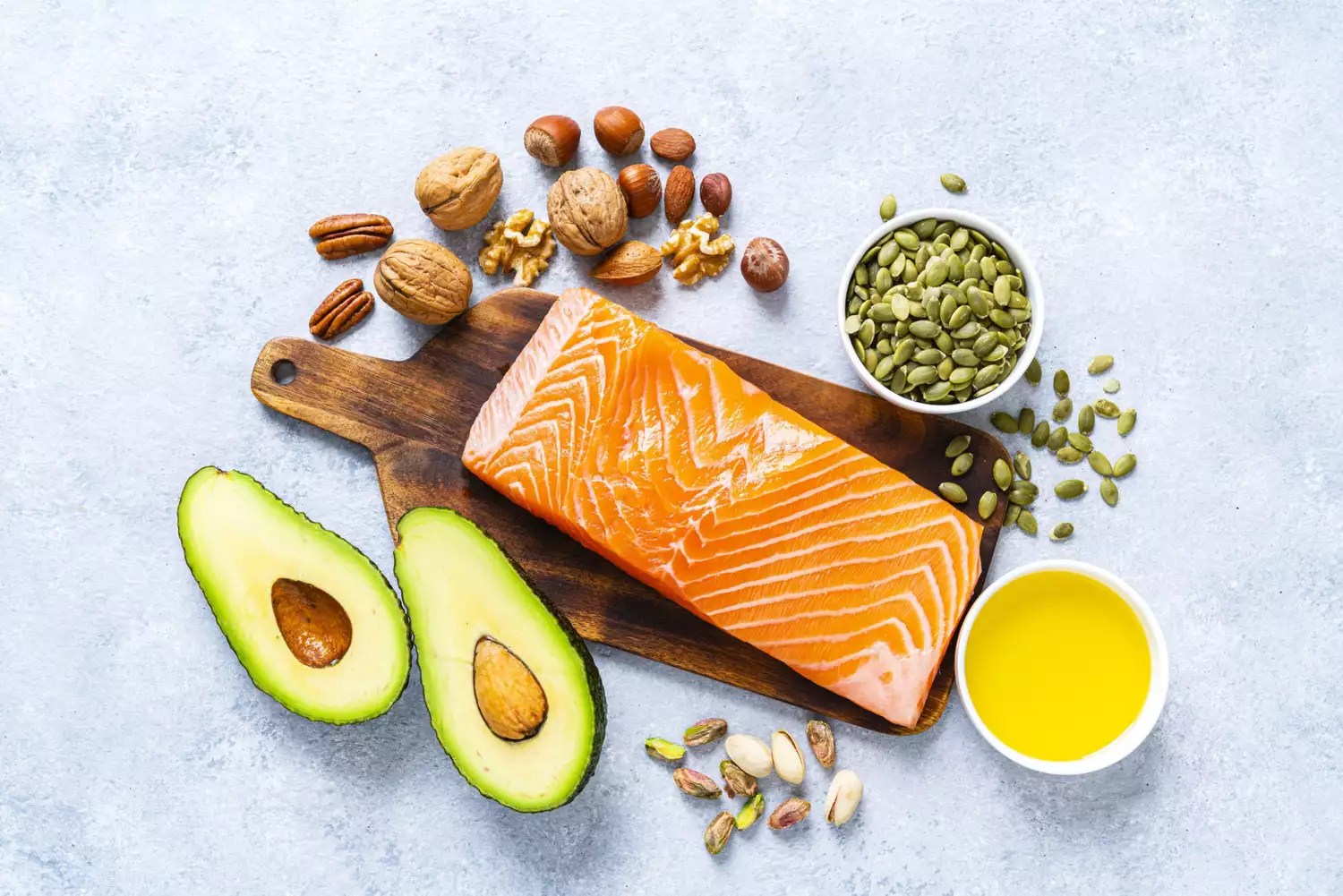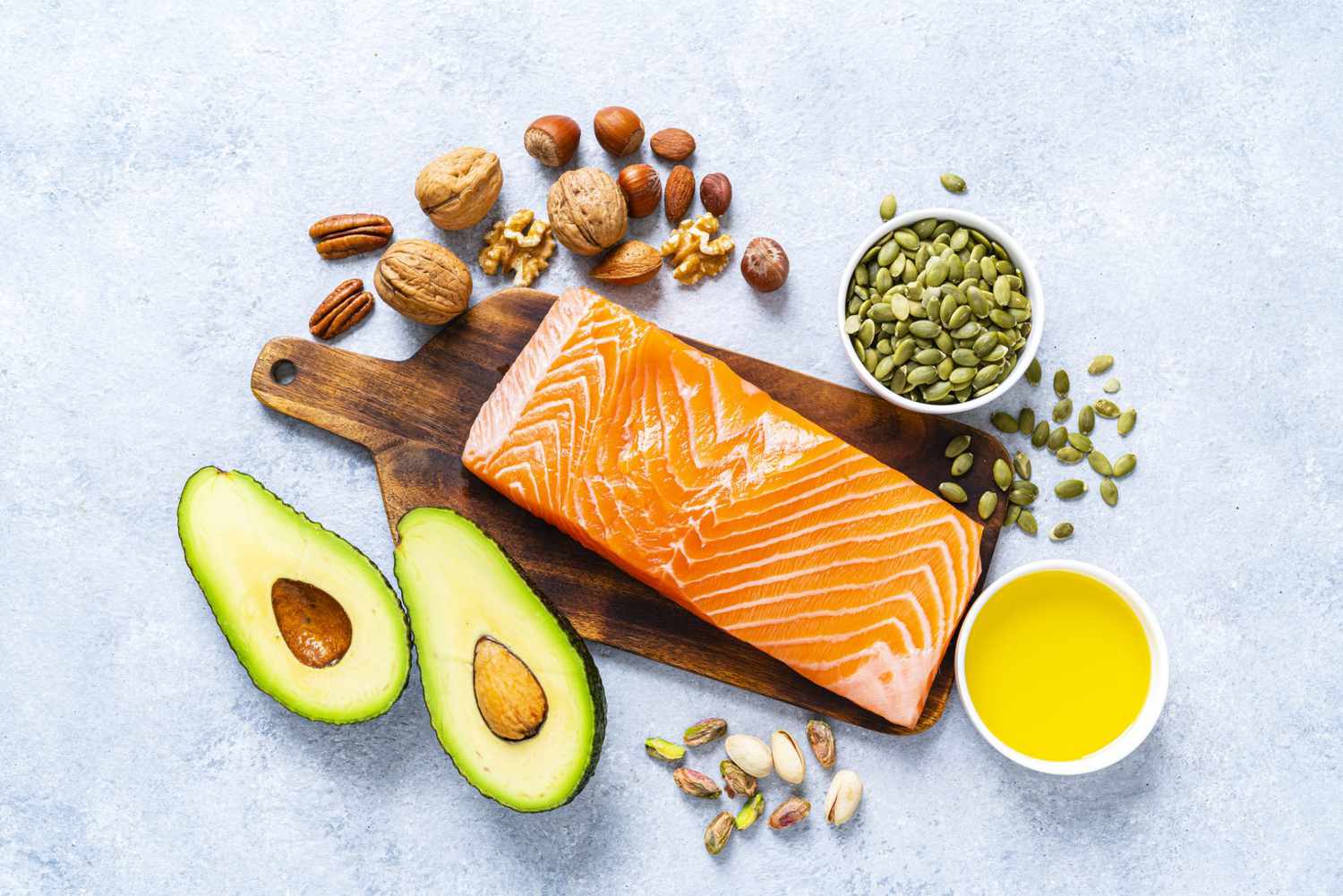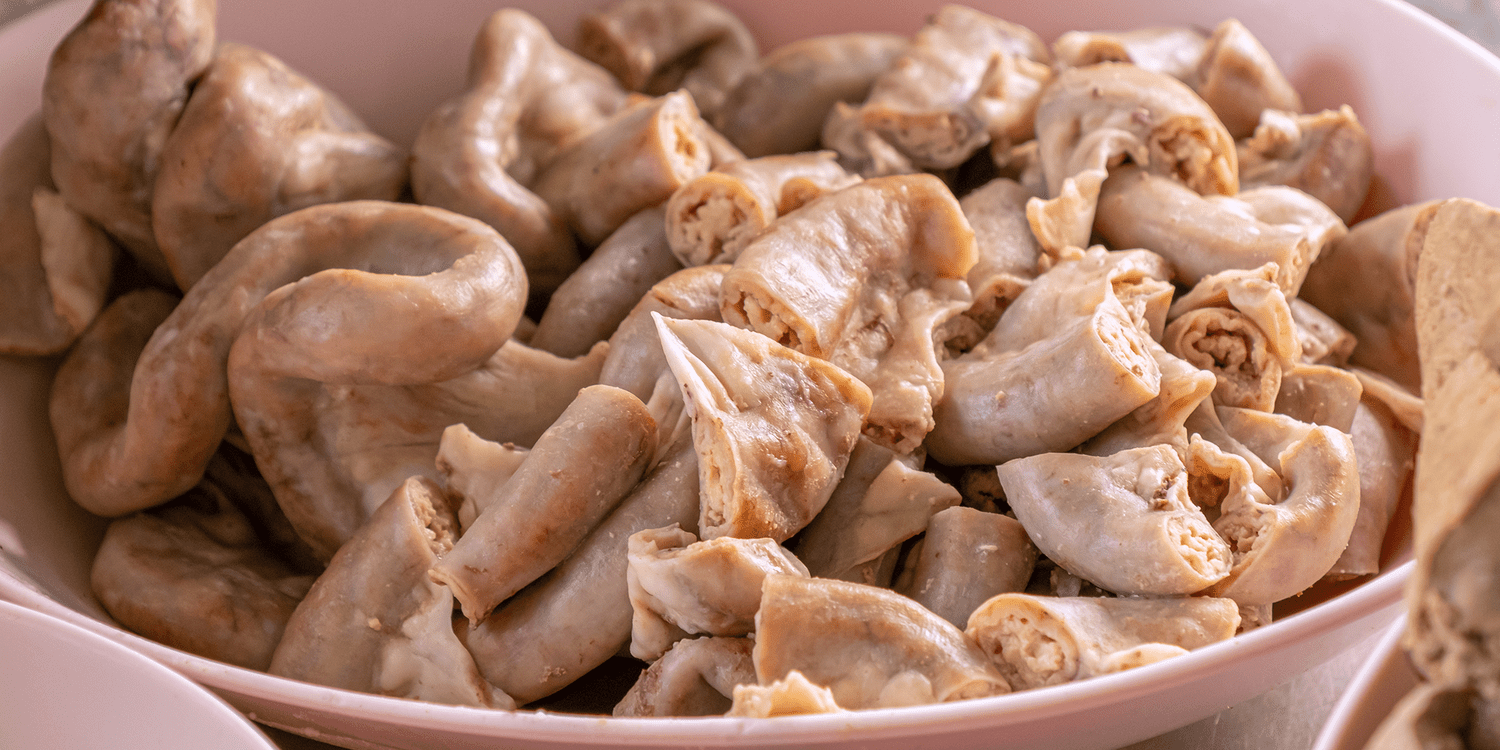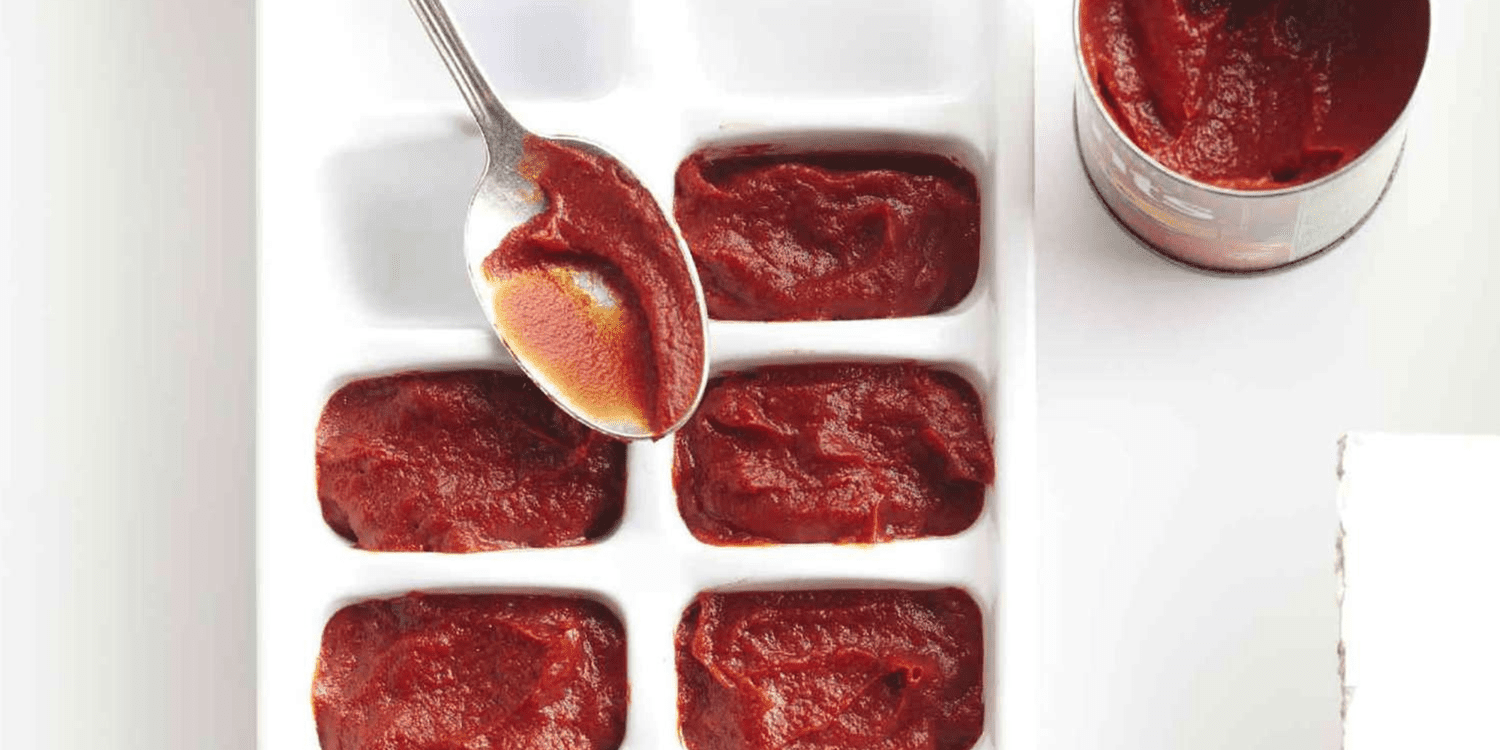When you consider healthy habits that can keep your cholesterol in check, you probably think about limiting foods with trans fats (fried fare), saturated fats (buttery baked goods) and heavily processed ingredients (hot dogs).
Yes, that’s important, but there’s more to the healthy cholesterol story than steering clear of foods that will impact your “bad” low-density lipoprotein (LDL) cholesterol. Certain lifestyle habits — including not smoking and incorporating physical activity into your day — as well as eating more of specific foods can actually increase your “good” high-density lipoprotein (HDL) cholesterol. (In tandem, your HDL, LDL, and triglycerides — a type of fat carried in the blood — team up to comprise your total cholesterol level.)
Think of HDL like the “vacuum” for cholesterol. At healthy levels of between 40 and 60 mg/dL (even better, over 60 mg/dL, which is “optimal”), HDL can help remove extra LDL cholesterol and triglycerides in the arteries and send them to the liver to leave the body. Over time, this process can help lower risk for cardiovascular disease.
Genetics plays a large role in cholesterol levels, but some of our overall cholesterol ratio is in our own hands. In fact, much of this ratio is affected by what’s on our plates.
The Mediterranean diet is a stellar place to start, as research has hinted that this whole foods-focused, healthy fat-strong eating plan is linked to better cholesterol and overall well-being. In particular, the foods below are proven to improve cholesterol by increasing HDL.

4 of the Best Foods to Raise Your HDL
Here at Allrecipes, we’re strong believers that all foods fit. As long as you’re not allergic to an ingredient, everything in moderation, we say! So while we’ll never say, “Don’t eat that!” we certainly will shout, “Load up on this!” And these four foods are particularly on our stock-up-now list since they’ve been shown to improve HDL cholesterol levels.
1. Olive Oil
In addition to reducing heart disease risk more than any other monounsaturated fat, olive oil has been proven to increase HDL cholesterol, likely due to its concentration of a certain form of antioxidant called polyphenols. Consuming about four tablespoons of olive oil daily for just six weeks improved the HDL cholesterol and reduced chronic inflammation among senior participants in a 2013 study in the Archives of Gerontology and Geriatrics. (Before you invest in a bottle, study up on what to look for when buying olive oil.)
2. Purple Produce
While eggplant, red cabbage, black raspberries, blueberries, and blackberries all taste quite different, all of these purple produce picks share a common feature that makes them all so vibrantly-hued: antioxidants known as anthocyanins. Anthocyanin extracts have been shown to help combat inflammation, guard cells from potentially cancer-causing free radicals, and raise HDL cholesterol.
3. Fatty Fish
Beyond reducing inflammation and heart disease risk, omega-3 fats (found in impressive amounts in fatty fish and fish oil supplements) may help elevate low HDL cholesterol levels, according to a 2016 study in theBritish Journal of Nutrition. Eating fish four times per week for eight weeks noticeably moves the needle, reports 2014 research in the Journal of Clinical Lipidology. Salmon, herring, sardines, mackerel, and trout are among the best seafood sources of omega-3 fats.
4. Avocado
In other heart-healthy fat news, this toast-topper are packed with monounsaturated fatty acids, which pack a one-two punch for healthier cholesterol — these lower LDL while boosting HDL. In a 2018 study published in the Journal of the American Heart Association, eating one avocado a day for five weeks while following a moderate-fat diet (34 percent of calories from fat, 51 percent carbohydrates, and 16 percent protein) improved total cholesterol, triglycerides, LDL, and HDL.
Related Content:
- 10 Heart-Healthy Foods That Actually Taste Good
- Anti-Inflammatory Oils You Should Be Using (and Inflammatory Ones To Avoid)
- 10 Best Anti-Inflammatory Foods for Heart Health



